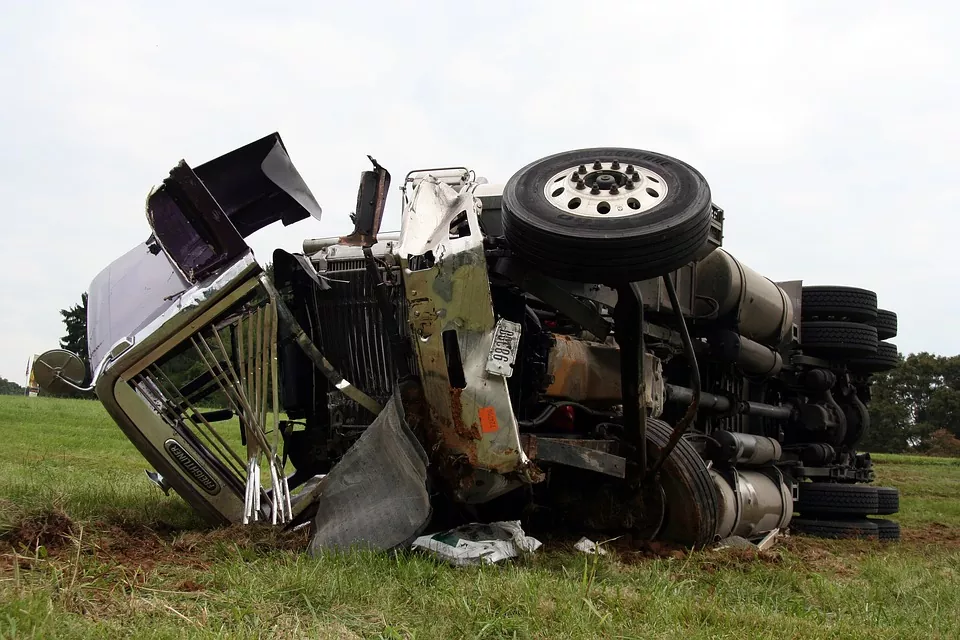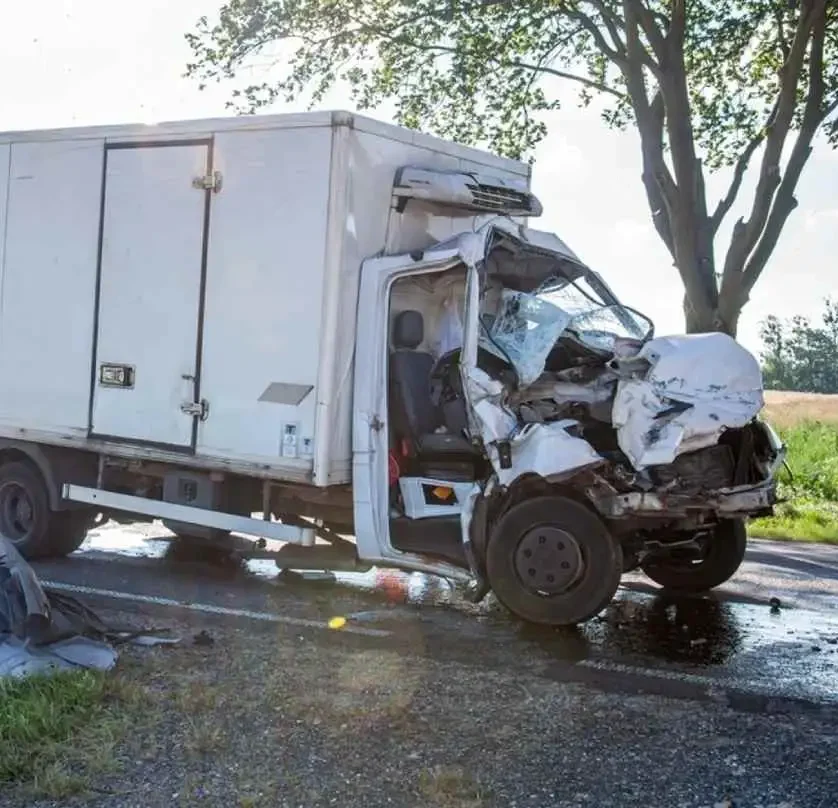
Trucking Regulations
Commercial truck drivers and trucking companies are subject to strict regulations set by the Federal Motor Carrier Safety Administration (FMCSA). These rules govern everything from driver working hours (Hours of Service limits) to vehicle maintenance, load weight limits, drug and alcohol testing, and commercial driver’s license (CDL) requirements. Violations of these regulations can be used as evidence of negligence in a claim. Additionally, trucking companies must keep detailed records of driver logs, inspections, and GPS data, which can be crucial to building a strong case.

